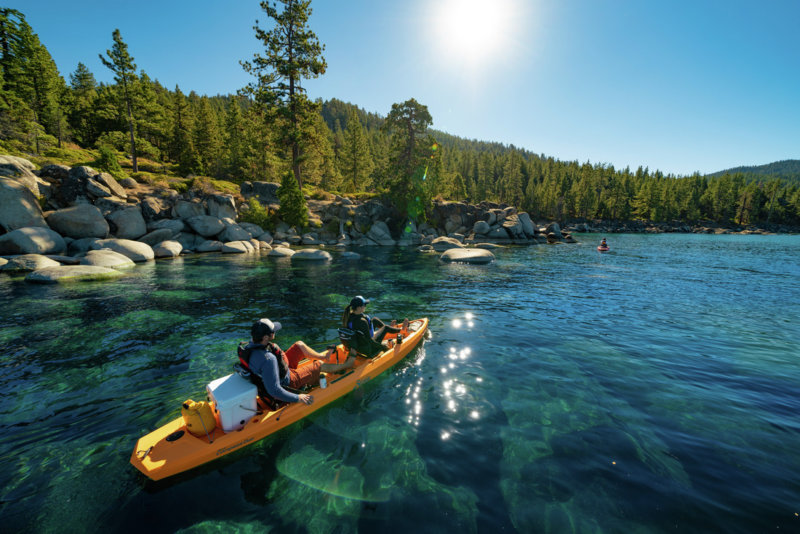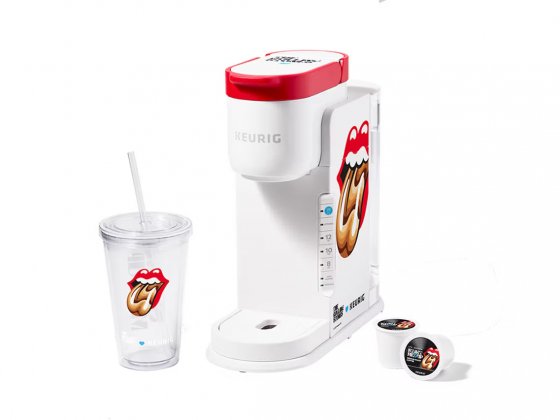Many millennials prefer to rent rather than buy. In the field of goods for outdoor activities, there are already more than a third of such consumers.
The American company Recreational Equipment, Inc., better known as simply REI, engaged in goods for camping and outdoor activities, decided to significantly expand the sale of used equipment and its rental. It would seem that this is unusual? But the fact is that this news characterizes interesting changes in the market and a change in the very approach to consumption.
Previously, REI has already initiated sales of goods returned by buyers after purchase for any reason. Now in the company's stores on a permanent basis will be sold things that were in use. As the company's practice shows, there is a steady increase in consumer interest in such purchases. Also, many millennials (more than a third, according to REI) prefer to rent gear rather than buy it.
As part of its annual report, REI said its 2018 sales rose by 6% to a record $2.78 billion. At the same time, a two-fold increase in the rent of goods was noted. The company, which has 154 stores in 35 states and the District of Columbia, expanded its rental program by opening rental locations in 85 stores last December. This year, 115 stores will be covered. REI also plans to open six new stores this year, some of which will be located in new states, including Vermont and Alabama.

It so happened that when a person needs a product, he goes to the store and purchases it. However, millennial consumers are no longer willing to surround themselves with too many things. In many cases, it is much more convenient to rent a thing than to spend money on its purchase, further maintenance and storage. Especially when it comes to things like snowshoes, skis, snowboards and various camping and mountaineering kits that are sold in REI stores.
We live in an age of new opportunities, people constantly want to try something new. That's just buying for this everything in a row, will mean constant significant spending. Much easier to rent. For example, you want to go with your family for a few days in nature. This will require special equipment, from a tent to flashlights. You can spend a significant amount and get all this. Or save money and buy used items. Or even rent them. After all, it may turn out that you will not like outdoor recreation and all purchases will be in vain.
But the point is not only that this approach allows you to save a lot. It also contributes to the preservation of the environment. The less things are produced, the less pollution, the less garbage subsequently ends up in landfills. Today, many environmentally conscious consumers say that it is very important for them that brands become more and more “green”. And there are more and more such companies.
An excellent example of a circular economy (by the way, REI uses its own term - “re-commerce”) is the well-known brand Patagonia. The manufacturer not only actively uses recycled materials, but also provides free repair of clothes. The company also restores used clothes for their subsequent resale.
Another example is the women's clothing brand Eileen Fisher. Products manufactured under it are created almost exclusively from natural materials. In order to reduce waste, the company has started a recycling program. Shoppers donate their "carefully used" items in exchange for gift certificates. After dry cleaning and restoration, the clothes are resold.
And how not to remember the Rent The Runway company, which makes money by renting designer dresses and accessories. Interestingly, initially it was only an online service. Today, the company began to open outlets in many US cities.
The emergence of such companies is a sign that the market is constantly changing, and many brands are ready to follow the latest trends. One of which is to make things more accessible to everyone, while at the same time reducing the damage done to the environment. And the business model, according to which a thing should serve only one season, and then go to a landfill, can become history.










